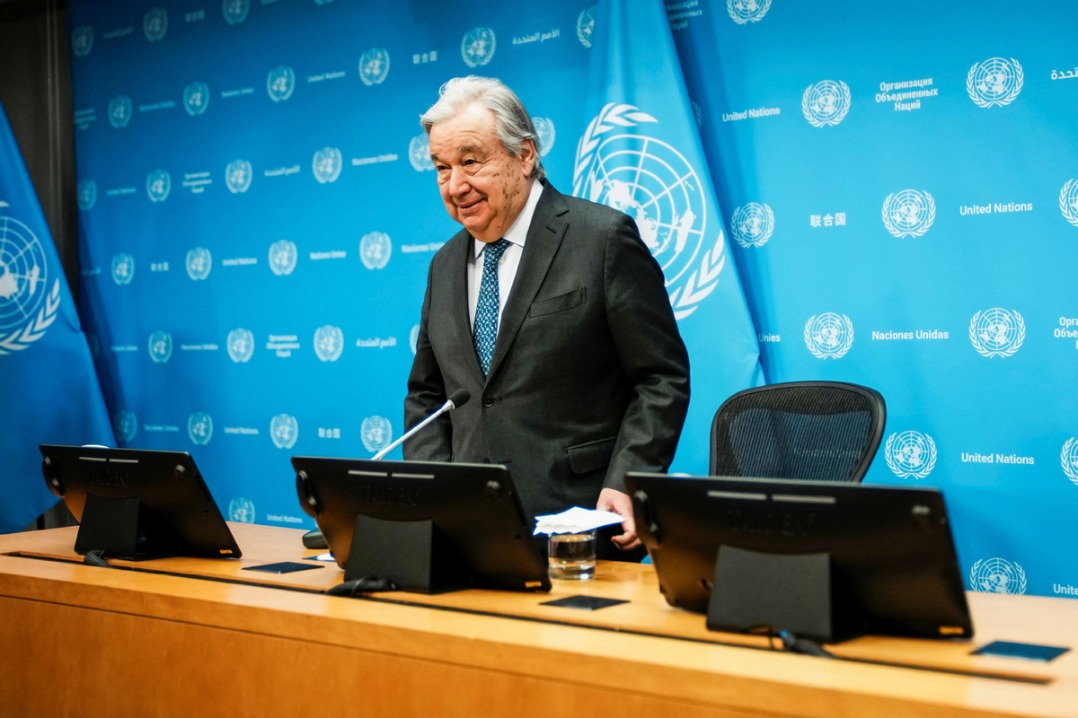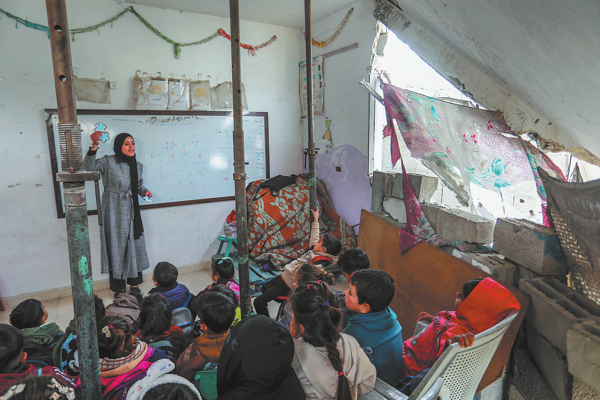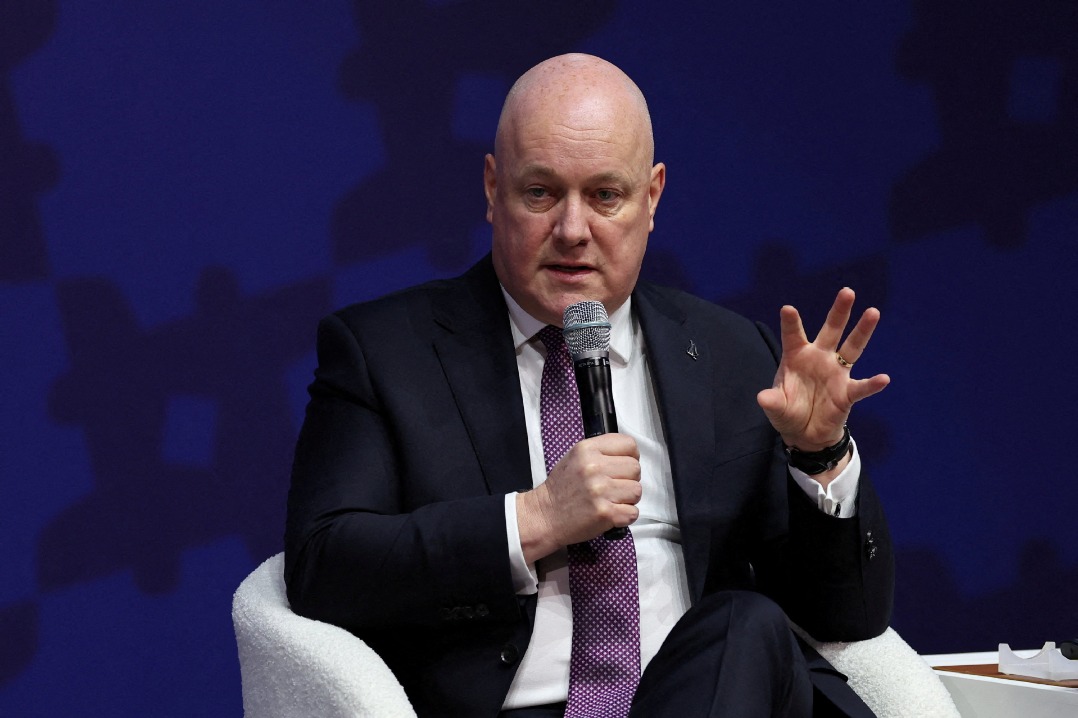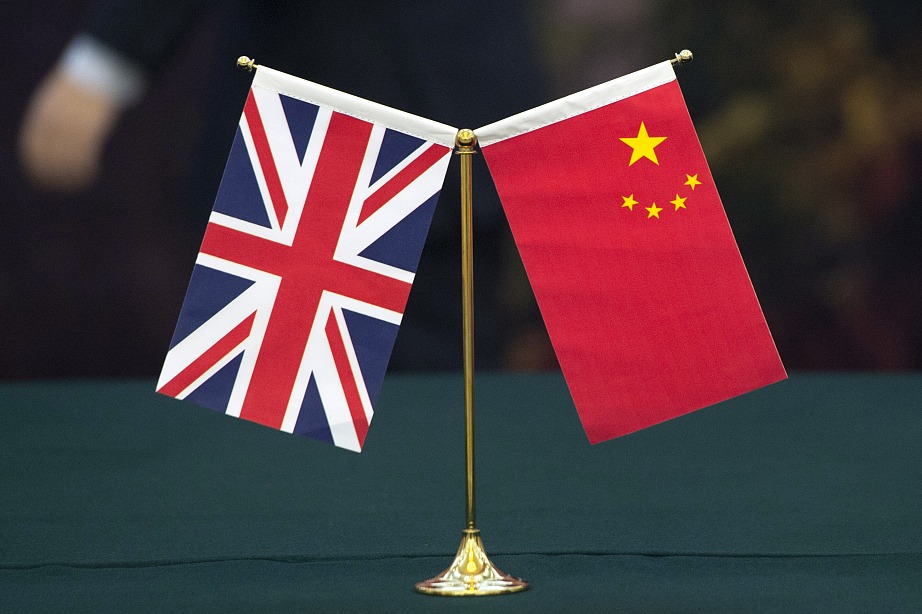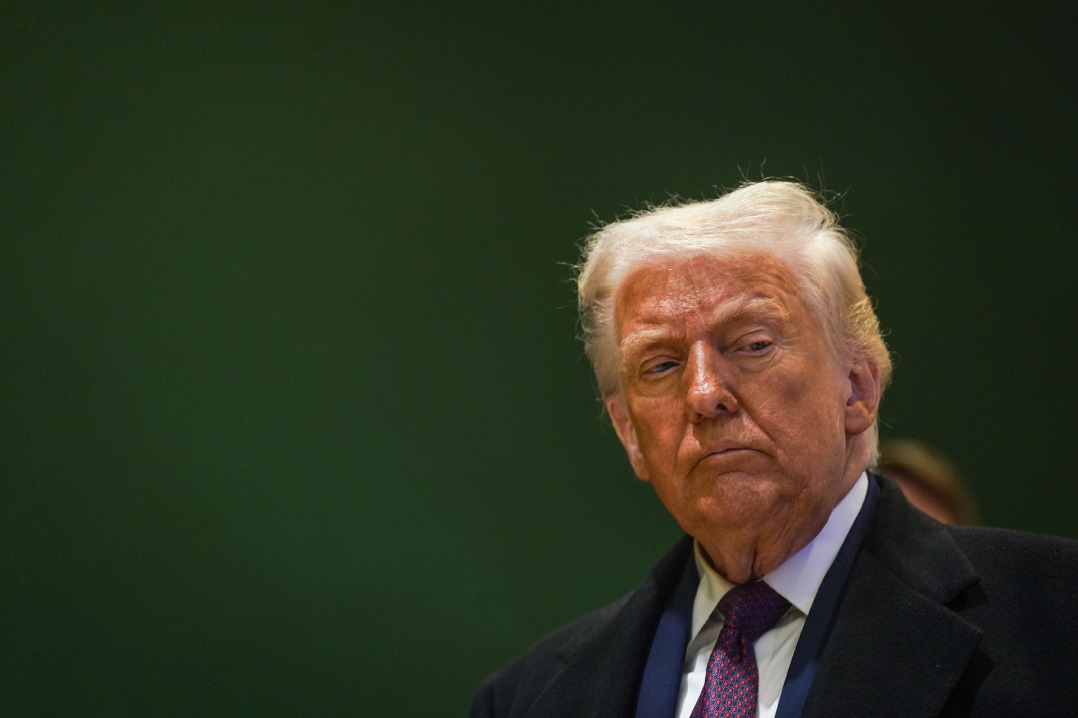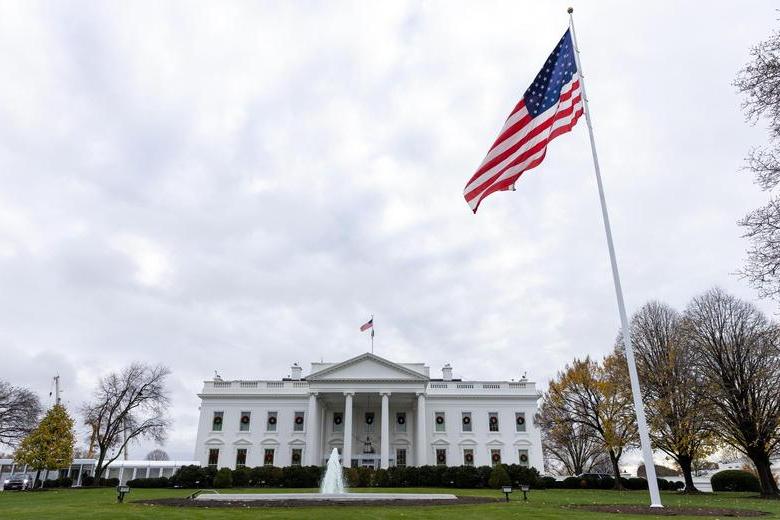EU should embrace mutual COVID vaccine recognition


A plan by the European Union that largely refuses to recognize COVID-19 vaccines manufactured outside the bloc could set back global efforts to contain the pandemic.
The EU vaccine "passport" being rolled out risks leaving out travelers from developing countries who have largely received vaccines made outside Europe and the United States. What is more appalling is that some EU member states have been actively donating vaccines not recognized by the European Medicines Agency to poor countries.
The narrow list of vaccines accepted in the EU is a continuation of policy decisions by the bloc that have had serious implications for the global vaccination drive. As COVID-19 vaccines emerged, rich economies within the EU rushed to purchase billions of doses of the commodities, leaving few for developing countries to buy. The unparalleled vaccine hoarding pushed poor countries to the end of the line, an anomaly that still exists.
Meanwhile, some countries such as China began extending vaccine support to developing countries as a way of filling the gap created by rich countries. China has domestically approved five vaccine candidates; two of which have been granted World Health Organization listing for emergency use. At home, China has now administered more than 1.3 billion doses of COVID-19 vaccines. Beijing has also sent over 480 million vaccine doses to nearly 100 countries.
Multilaterally, the WHO-led COVAX initiative has been working to overcome hurdles and provide vaccines to poor countries. The India-produced AstraZeneca vaccine was the key product supplied to over 50 African countries to jump-start vaccination programs.
The EU's intention to exclude non-Western vaccine candidates from its passport system threatens international cooperation against the global health crisis. Already, we have seen India issuing an ultimatum to the EU to accept India-produced vaccines or risk travelers from the EU being blocked from entering India.
The African Union and the Africa Centres for Disease Control and Prevention have warned that the EU stance would result in discriminatory treatment of Africans who have received non-Western vaccines.
Since the EU supports COVAX, why would the bloc turn its back on the vaccines distributed through the facility? Why would EU member countries actively participate in donations of vaccines to developing countries, yet block recipients of such vaccines from traveling to their territories?
The bare minimum for any country or bloc should be to accept all vaccines that have been approved by the WHO. Presenting ethnocentric or political hurdles only defers the dream to begin post-pandemic reconstruction.
Developing countries continue to bear the brunt of vaccine nationalism's impact. In Africa, for instance, only 1.4 percent of the population has been fully inoculated against COVID-19. The continent has come under the heavy grip of a third wave of the pandemic, fueled by more transmissible and deadly variants of the virus.
Besides scuttling prospects for speedy vaccination in emerging economies, the EU's decision is also self-defeating, as travel and tourism are crucial to the bloc's economic recovery.
The EU should not only embrace WHO-led international cooperation against the pandemic, but also should be willing to consider mutual recognition of vaccines. No single country or bloc has the capacity to sustainably upstage the pandemic in isolation from the rest of the world. International vaccine cooperation against COVID-19 is the ultimate key to unlocking the future every human being on Earth desires.
The writer is a scholar of international relations based in Kenya.
















